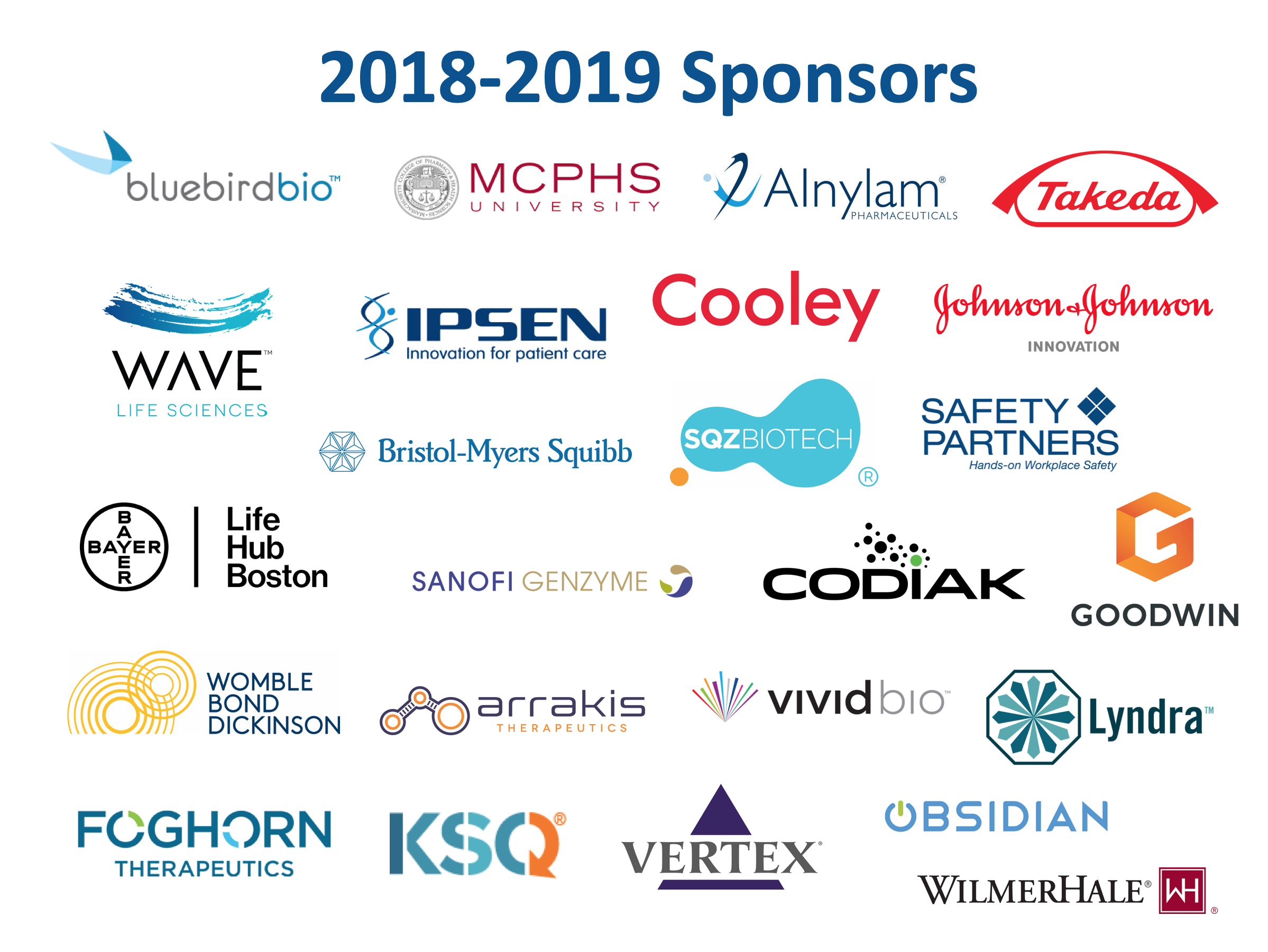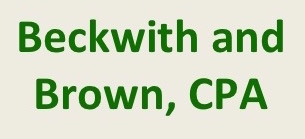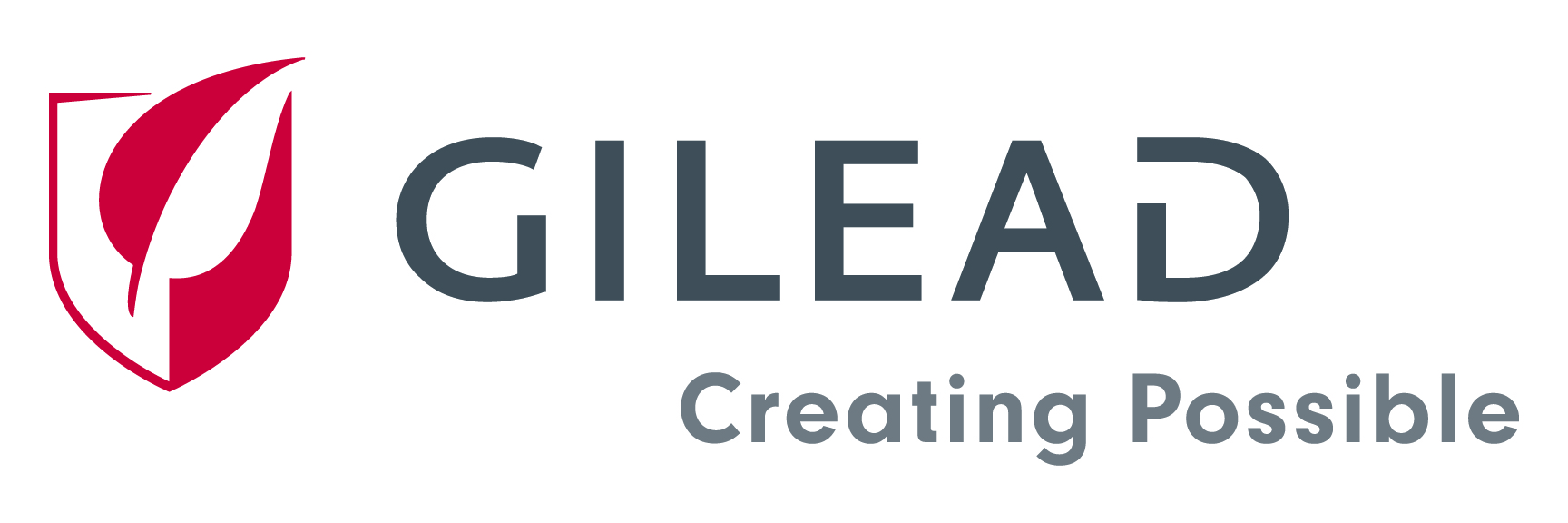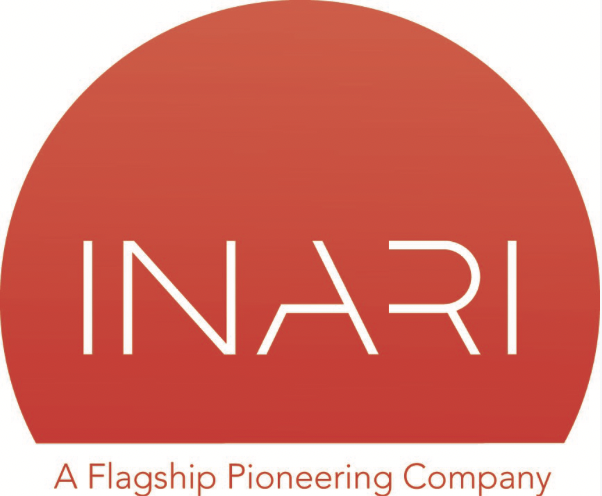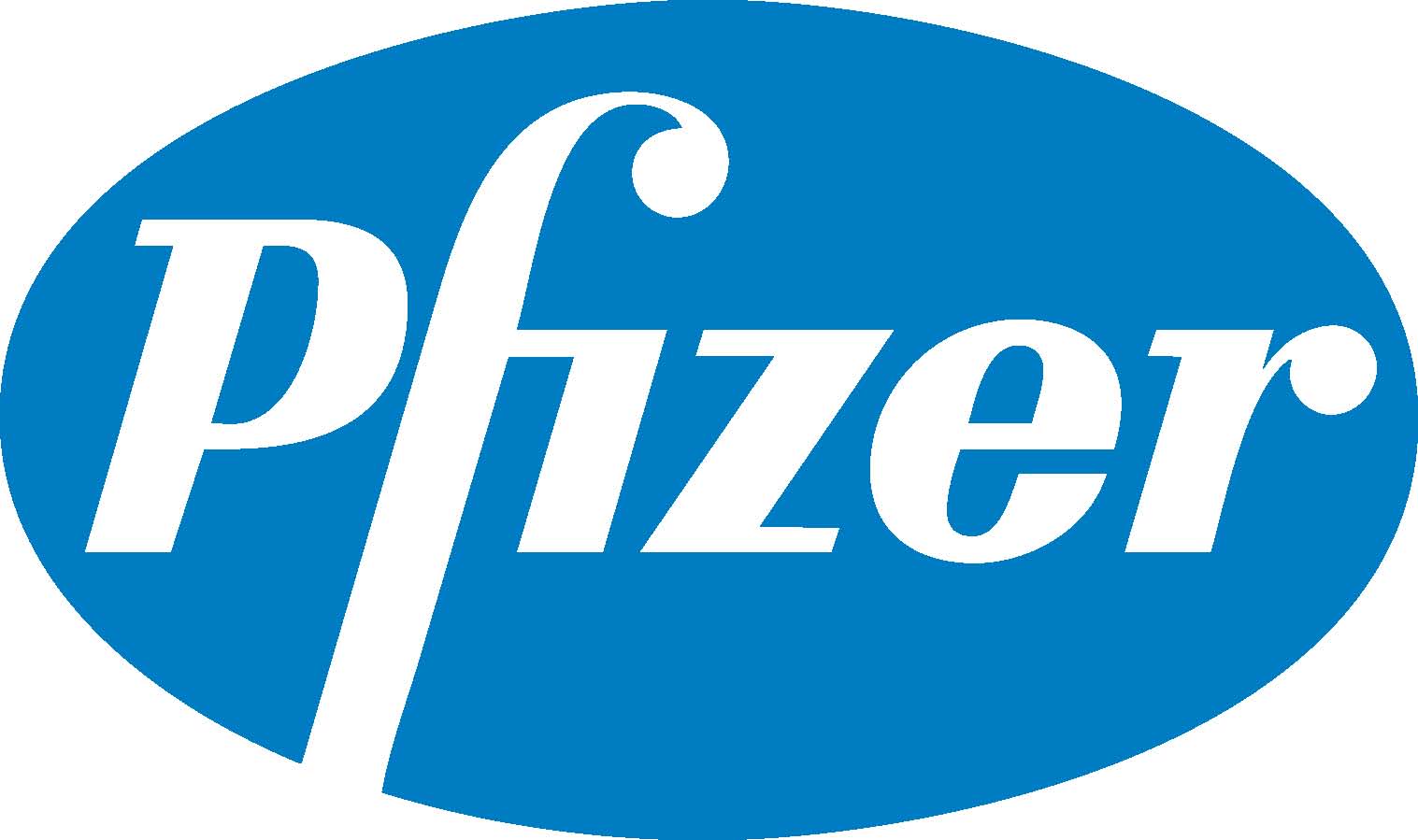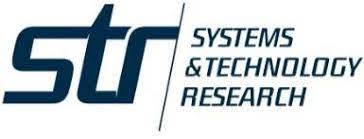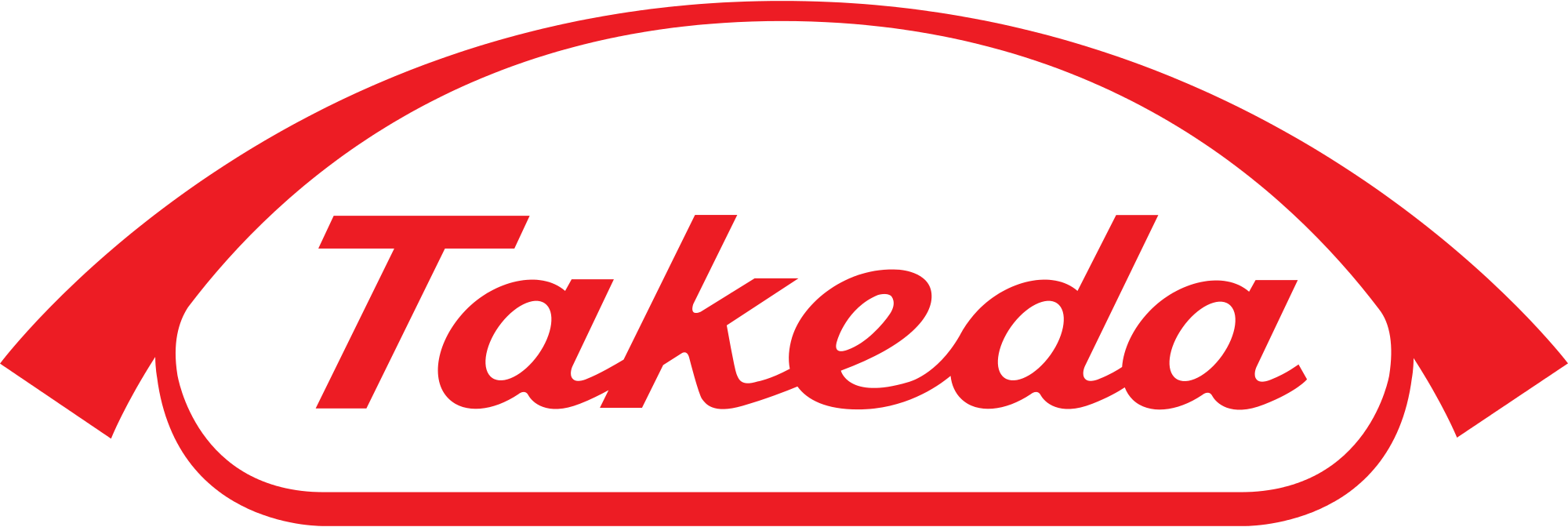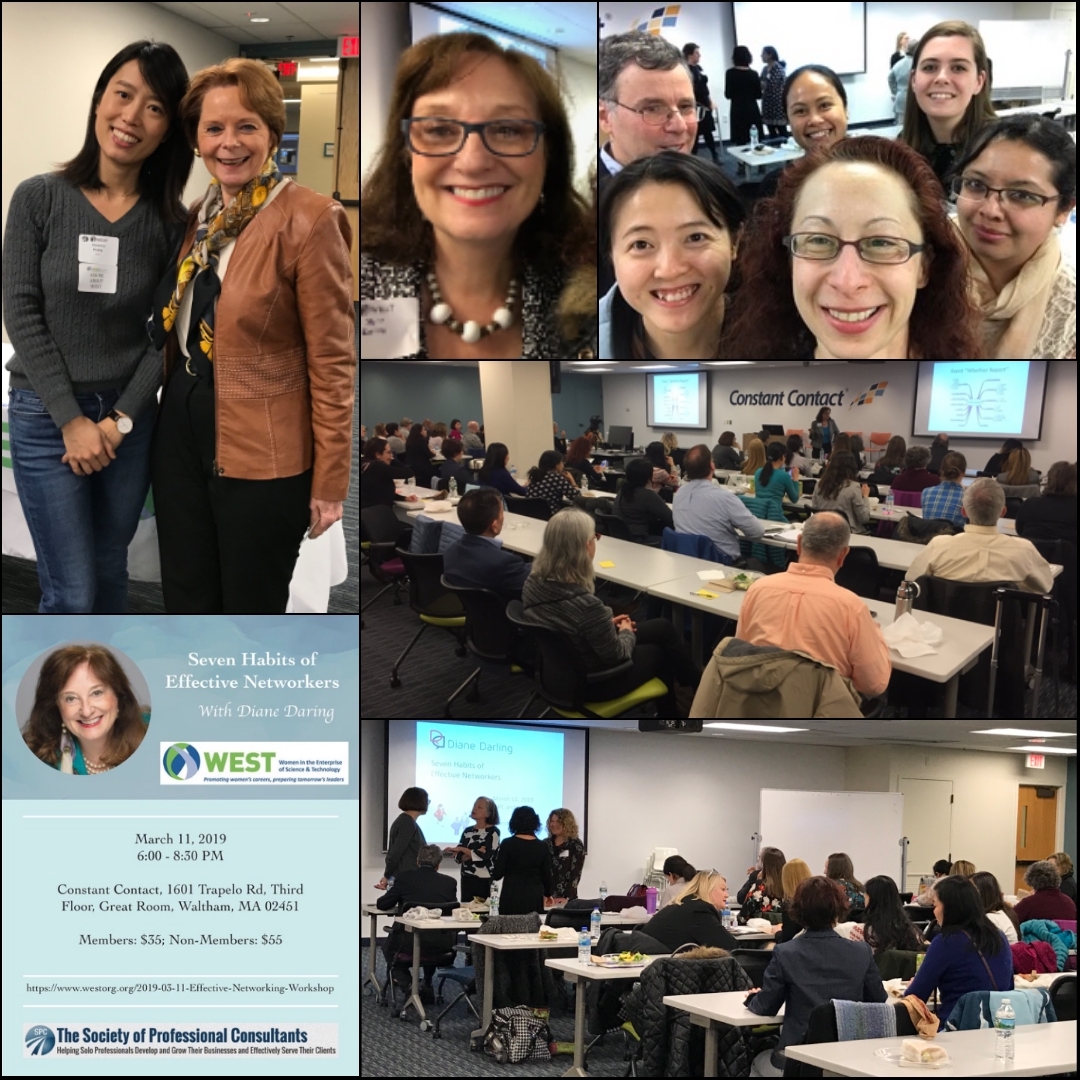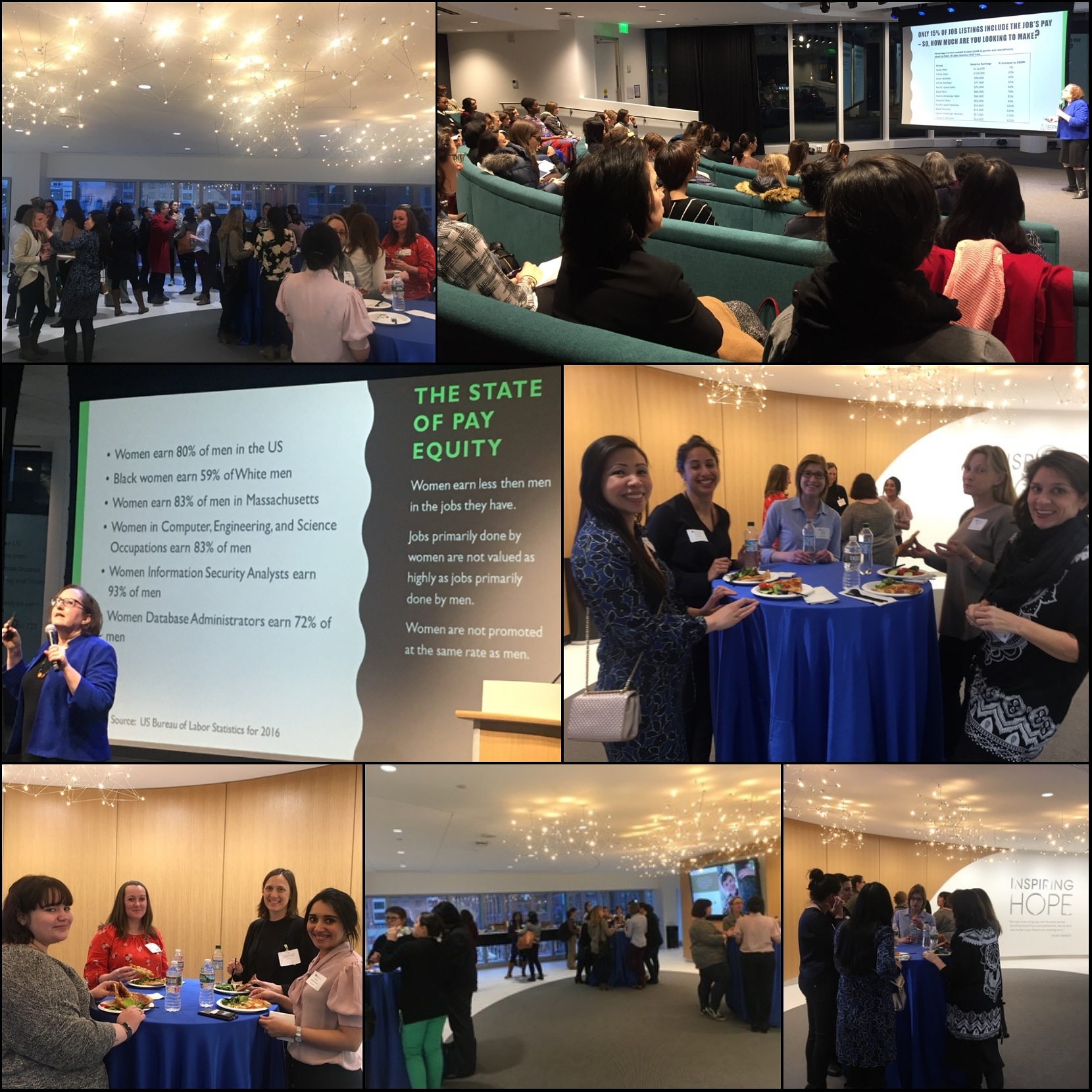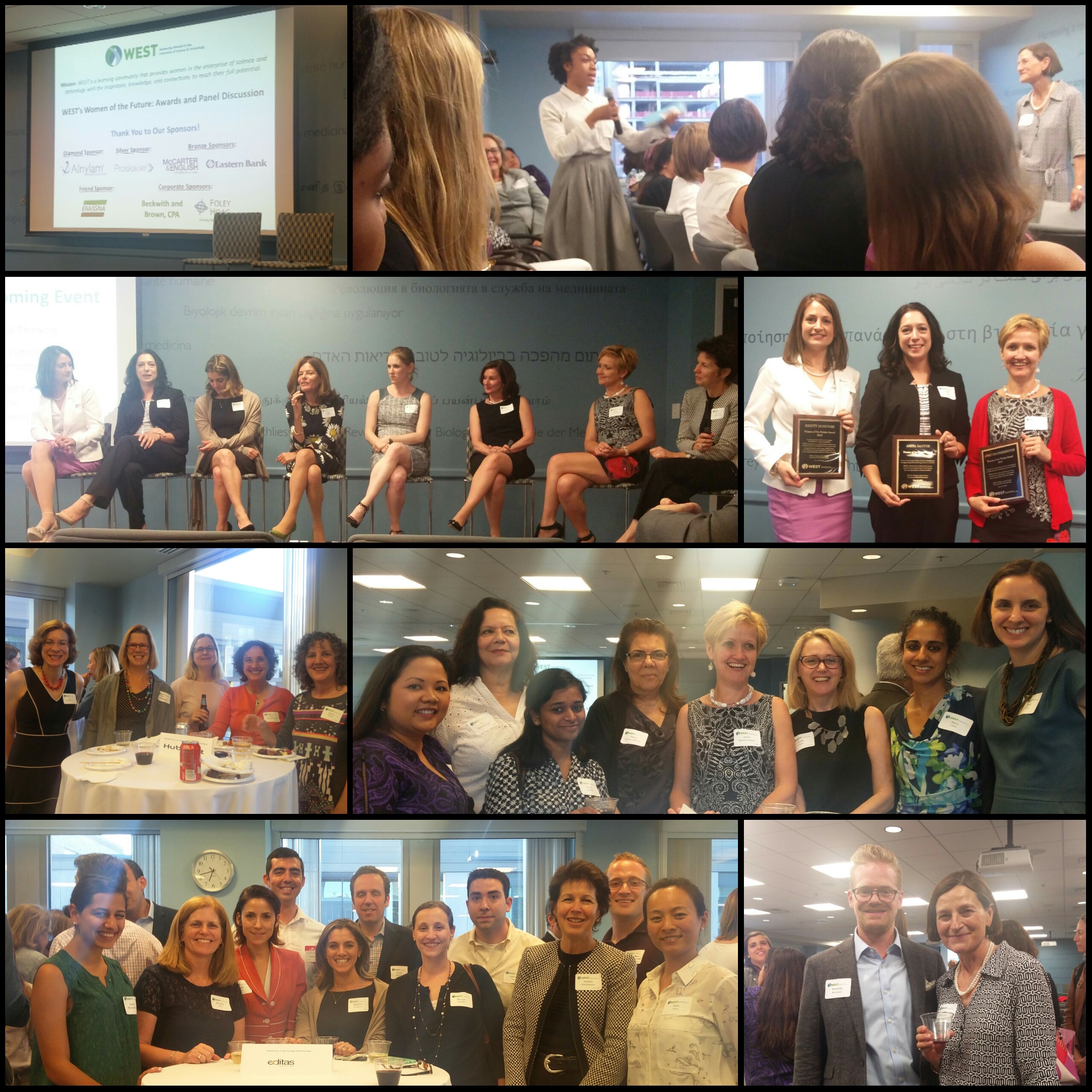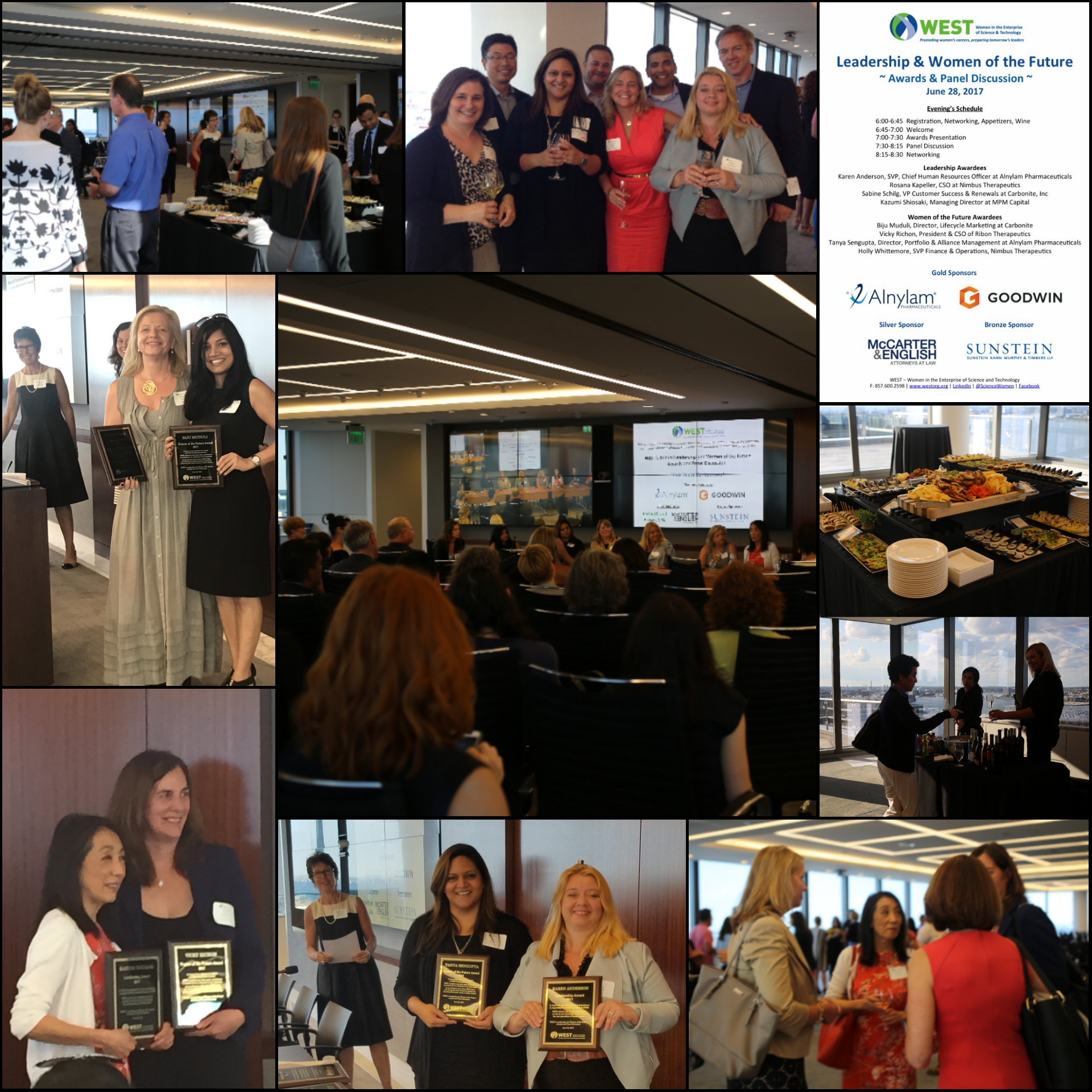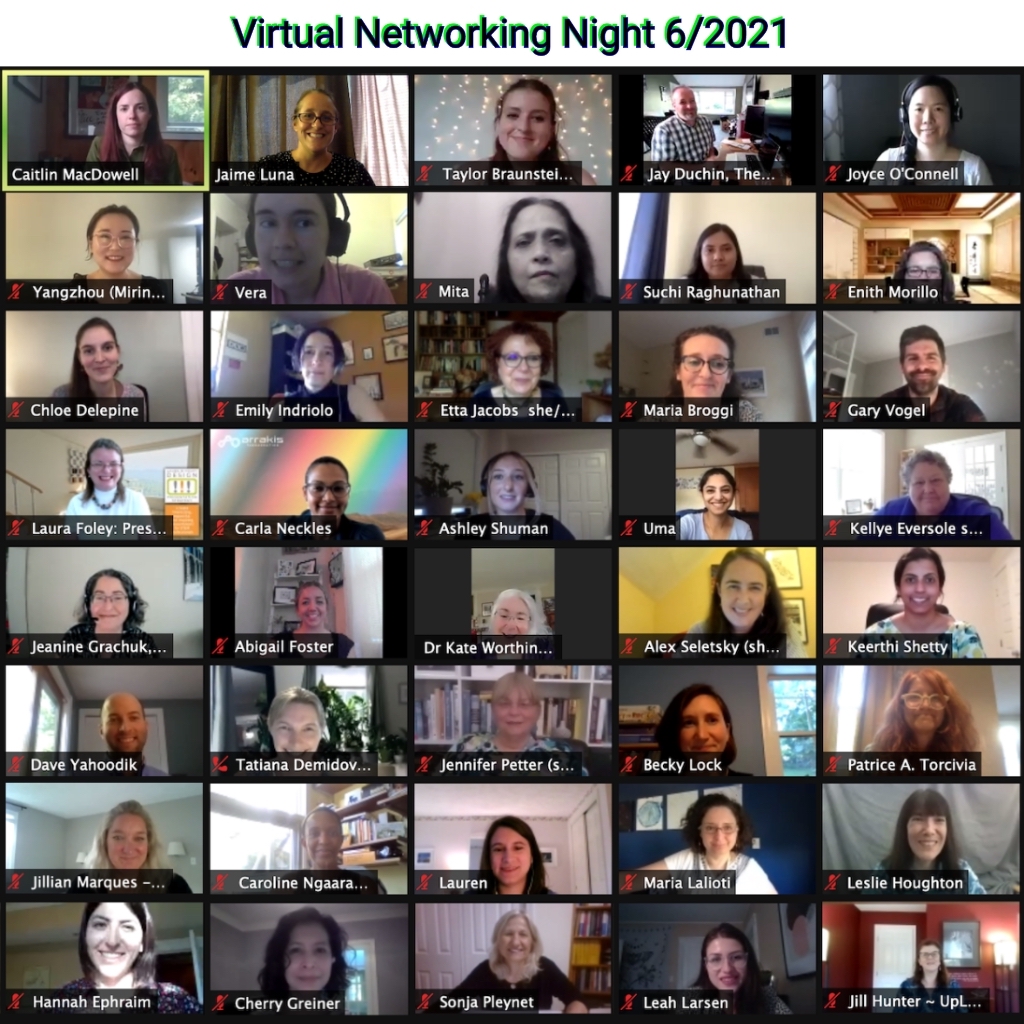- Home
- About
- WEST Events
- Sponsorship
- Membership
- Volunteers
- Resources
- Blog
Pros and Cons of MBAsby Christiana DelloRusso, PhD May 20, 2008
“To MBA Or Not To MBA” was the question posed to panelists at a recent WEST/Women Entrepreneurs in Science and Technology event*. The answer? It depends on the context. Consensus arose on at least one topic – beware of the idea that the degree alone will lead to a dream job or the deciphering of an uncertain future. Used wisely, an MBA will benefit most career choices, but usually isn’t a requirement if one already has an advanced degree. So if it isn’t required, what does an MBA offer?
Learn the Language The MBA (Masters in Business Administration) is a generalist business degree that can be obtained through a wide array of curriculum options and costs, ranging from part-time evening and weekend courses for working professionals, to full-time accelerated year-long programs. The MBA offers a broad view of how business works, and includes introductory courses in management, leadership, accounting, marketing, and business economics. The MBA program provides the lexicon and vocabulary of the business world. However, as Cissy Young, Associate Director of Strategy and Business Development at Tempo Pharmaceuticals pointed out, these tools are more useful in the context of specific experience and clear career goals.
Expand Your Network The academic colleagues and business professionals you meet while getting an MBA can become a valuable part of your network. Both Dr. Young and Priya Iyer, President of Anaqua, noted the vast network that they gained during their MBA training as one of their most valuable assets for the future. Because Dr. Young had already developed her career goals, she was able to target her network more specifically to seek opportunities beyond the program. When Ms. Iyer needed an Asia connection for a project in her new position, she tapped into her MBA network without hesitation.
Add Context Dr. Young and Ms. Iyer both obtained their MBA degrees after they had been working for some time. This work experience was invaluable during their MBA training, as both had context for their studies- an MBA obtained earlier during their careers wouldn’t have been as useful. Ms. Iyer was now learning the reasoning behind all of the instinctual decisions she had been making as a business leader in her previous start-up ventures. Dr. Young’s experience in technology transfer and business development gave her a background of knowledge and ideas from which to mold and shape her MBA training.
Time to Think Mid-career professionals may find an MBA program to be a gift – an oasis of time to better define goals and future directions without the pressures of a job. Ms. Iyer had started and run multiple companies before becoming an MIT Sloan Fellow in Innovation and Global Leadership, which was the “best thing” she did in her life. The program helped her transform herself into a leader and mentor, and transition confidently into the next stage of her career.
Choose the Right Program Dr. Teresa Nelson, the Elizabeth J. McCandless Professor of Entrepreneurship at Simmons School of Management and the moderator of the panel discussion, suggested avoiding most of the “Where to get an MBA” books, and instead recommended scouring business school websites to match your interests to the strongest specialty areas of a program. In addition, you can call the application officers to ask questions, sit in on classes, talk to professors, and think carefully about the investment. The general consensus of the panelists was that choosing a high-ranking program mattered more for quality of networking, and was more important if you do not already have a higher degree.
OR NOT TO MBA…. How does one gain business experience without an MBA? All of the panelists agreed that jobs are obtainable without an MBA, and that most business skills can be learned or taught on your feet. However, spend some time thinking about your interests and future goals to direct your ambitions and find the right career path. A good set of questions to ask yourself includes: Where do you envision yourself in 5-10 years? And, what are the tools you need to get there?
Define Interests Utilize your current network to ask questions and seek informational interviews, take business classes, and read publications such as Fortune, Fast Company, and the Wall Street Journal to find what it is about the business world that resonates with you. But don’t forget your science and technology training – being able to merge that skillfully with specific interests in business can lead very successfully to the next career step.
Find a Job All four of the panelists obtained positions out of school without business experience or an MBA. Dr. Rujuta Bhatt Srivastava, Senior Director for Corporate Development at Millennium Pharmaceuticals, earned her MD but always had other interests that she didn’t ignore. When the time came to do a residency, she opted instead for paid business experience via a job that would teach her those skills. She marketed her analytical and writing abilities along with her adept clinical knowledge and landed a job at a company that she still enjoys working at ten years later.
Take Risks Dr. Ann Westerheim, Founder and President of IT services company Ekaru, likened her career vector to “jumping out of an airplane.” Knowing that she didn’t want to be a professor, she started with a job in the semi-conductor industry, then joined a software company for ten years, and subsequently started her own consulting company when family obligations dampened her desire to travel. She said mistakes will be made but they will teach valuable lessons. When you don’t know how to tackle a new problem, hire someone who can, or tap your network. You will always know someone who knows someone who can help.
*The WEST Event "To MBA or not to MBA?" was held on May 6th, 2008 in Cambridge MA. The event was sponsored through the generous support of the Simmons School of Management, the MIT Sloan Fellows Program, Millennium Pharmaceuticals, and Broad Institute.
|




